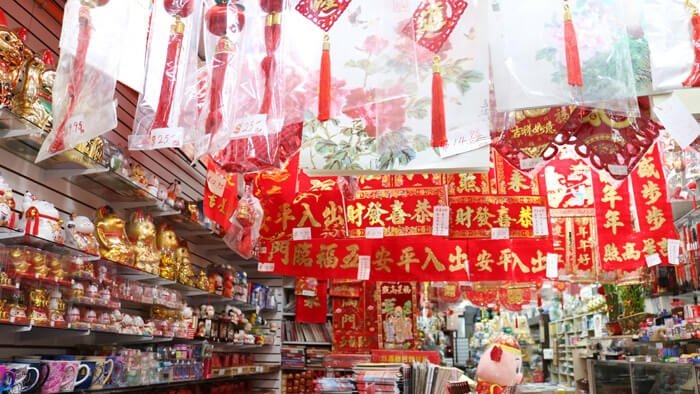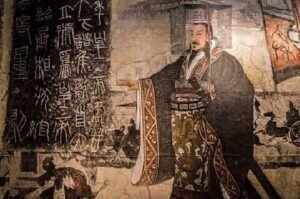
Interesting countries do not celebrate Tet on the first day of the new year 2
Different countries will have different cultures, and therefore, they may celebrate Tet according to the solar calendar, lunar calendar or their own calendar.
Chinese people celebrate Lunar New Year according to the lunar calendar, which usually lasts for 2 weeks and comes with interesting customs.
At this special time, Chinese people will celebrate a festival lasting about 15 days with friends and family.
In addition, Chinese people also like to decorate their homes with red lanterns.
Similar to China, Koreans also celebrate Lunar New Year (Korean name is Seollal) on the first day of January according to the lunar calendar.
On this day, Koreans often return home and celebrate by cleaning the house (meaning to ward off evil spirits), worshiping ancestors, visiting elders, then having a traditional breakfast with tteokguk

After these rituals is time for fun, generations of the family will gather together, children will play folk games while adults will eat and talk about what happened in the past year.
Lunar New Year is for Vietnamese people the marking of the beginning of a new year according to the lunar calendar.
The New Year celebration begins on December 23, this is when Ong Tao returns to Heaven to report the annual situation to the Jade Emperor before returning to earth on New Year’s Eve.
On holidays, the Vietnamese dining table will be full of food, in which banh chung and banh tet are the most prominent culinary symbols of the Tet season.

In Mongolia, people celebrate the new year two different times.
The second New Year celebration in Mongolia is the most important occasion, because this is their traditional New Year.
Families will prepare sumptuous meals and elaborate gifts for visiting guests, and invite them to participate in traditional entertaining ceremonies.
The Thai New Year celebration is called Songkran, held in April every year, of which April 13 is the most important day.

The word Songkran comes from Sanskrit, meaning “translation”. This is a holiday that symbolizes kindness, love, sympathy and gratitude. On this day, people will participate in the activity “
The New Year celebration in Israel is called Rosh Hashana, which means `beginning of the year` in Hebrew. This is the beginning of the year according to the Jewish calendar, usually falling around September or October.
Rosh Hashana is a great time for tourists to visit Israel.
Aluth Awrudda is a traditional Sri Lankan New Year’s event held on April 14, at an official time frame calculated by tracking the movements of the Sun and stars.

With a table full of traditional dishes, Aluth Awrudda is a time for family and friends to gather together and play traditional games.
Ethiopians welcome the dawn of the new year on a September day. This African country uses its own calendar, and because of the 13th month, the Ethiopian calendar is eight years behind the solar calendar.
Enkutatash is the name of the Ethiopian New Year, meaning `precious jewelry gift`. This country’s New Year celebration symbolizes the beginning of a good harvest after months of long rain.







